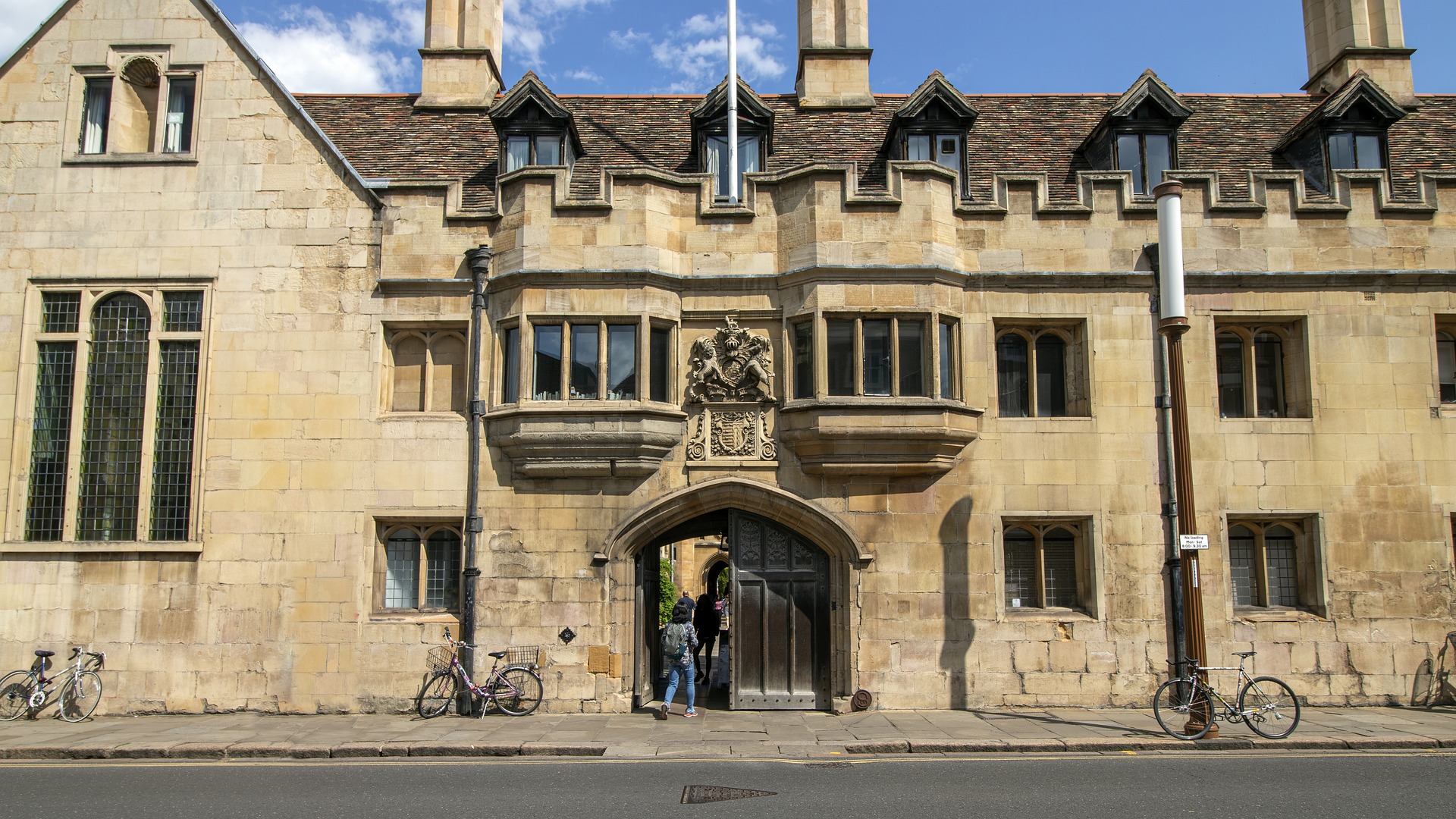Examining the dire conditions at Traveller camps, Joseph Cottrell-Boyce argues that current policy has failed and is costly to us all; both in terms of the expense of repeat evictions and in the huge social costs attached to banishing a community to the margins of our society. Having adequate authorised sites is an achievable solution.
Eric Pickles call for councils to tackle the ‘blight’ of unauthorised Traveller sites was met with outcry recently, with community leaders claiming the Communities Secretary’s words fanned the flames of anti-Traveller prejudice. But in a way, Pickles has a point. The dire shortage of legal Traveller sites in England is a blight on our society, fuelling social-exclusion and contributing to appalling health and educational outcomes for Gypsy and Traveller communities. Sky high rates of infant mortality, low life expectancy and high illiteracy are direct results of the cycles of eviction and homelessness which leave many Travellers unable to access basic services.
The overwhelming majority of Travellers in the UK want to live on authorised sites that are subject to the same council tax as house dwellers and provided with the same services. They are prevented from realising this basic aspiration by a planning system which relentlessly mitigates against the community.
In a marvellous piece of double speak, Pickles recently announced he was revoking the 2005 ‘Equality and Diversity in Planning’ guidance in order to ensure ‘fair play’ and stop ‘special treatment’ for Travellers. This is a staggering statement in a context where 90% of planning applications submitted by Gypsies and Travellers are rejected, compared to only 20% of applications from the general population.
The majority of these applications fail due to local opposition at the consultation stage, which often boils down to media-fuelled cultural misunderstanding and prejudice. Most private and council run sites in the UK are well managed and pose no problems to the wider community; indeed, local residents are often completely unaware of authorised Traveller sites in their area. Examples of Travellers living in harmony with the settled community are abundant but rarely make headlines. Meanwhile, at the first hint of a planning application for a new Traveller site local newspapers stoke up fears of anti-social behaviour and falling house prices.
A 2012 Ministerial Working Group report, tackling inequalities experienced by Gypsies and Travellers – chaired by none other than Pickles himself – acknowledged the problem of local opposition to legal sites and made a commitment to showcase existing, well run Traveller sites, to counteract the fears and misconceptions of the settled community. The government also promised to produce ‘a case study document which local authorities and councillors, potential site residents and the general public could use’ to support the case for local site provision.
Eighteen months on and the government has failed to deliver on even these very modest pledges. Instead, we got ‘Dealing with illegal and unauthorised encampments’; the Department for Communities and Local Government guidance document which warranted the recent press release and TV spots. Why this document needed any press at all is puzzling, given the fact that it turned out to be a ten page copy-and-paste job, rehashing the existing legislation on unauthorised Traveller sites. This seems to have little to do with policy and everything to do with dog-whistle, minority-bashing politics.
Cheering on evictions might be a cheap Tory vote winner, but in the real world they are not a solution. When homeless Traveller families are moved on from one place they don’t just vanish into thin air; rather the problem is shifted to another county or borough. This is costly to us all; both in terms of the expense of repeat evictions and in the huge social costs attached to banishing a community to the margins of our society.
If we want to solve the ‘blight’ of unauthorised Traveller sites there is only one solution; adequate authorised sites. The scale of this solution is achievable even within the current economic context. Four thousand additional pitches are required; less than one square mile across the whole country. But to achieve this proactive policy strong leadership is needed in the face of lowest common denominator anti-Traveller NIMBYism.
Note: This article gives the views of the author, and not the position of the British Politics and Policy blog, nor of the London School of Economics. Please read our comments policy before posting.
Joe Cottrell-Boyce graduated from the LSE in 2012, having completed an MSc in Social Policy and Planning. He is currently the ICB Traveller Project‘s policy officer, coordinating research into the needs of Gypsies and Travellers in the justice system.







